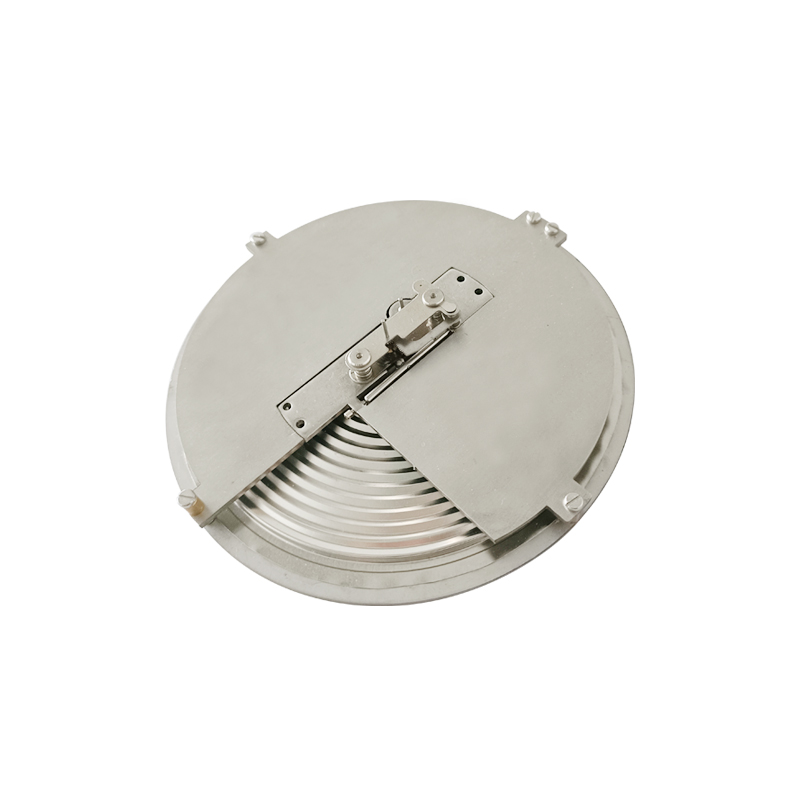
Dec . 11, 2024 10:46 Back to list
Wholesale Liquid-Filled Differential Pressure Gauges for Accurate Measurement Solutions
Understanding Wholesale Liquid-Filled Differential Pressure Gauges
Liquid-filled differential pressure gauges are essential instruments used across various industries for measuring the difference in pressure between two points in a system. These gauges are particularly valued in environments where vibrations and fluctuating temperatures may hinder accurate pressure readings. A wholesale supply of these gauges provides manufacturers, facilities, and industrial operators with essential tools for maintaining efficiency, safety, and performance in their operations.
What is a Differential Pressure Gauge?
A differential pressure gauge measures the difference between two pressure points, often used in applications such as HVAC systems, filtration monitoring, and flow measurement. Typically, these gauges have two pressure ports one connecting to the high-pressure side and the other to the low-pressure side. The gauge then displays the differential pressure as a reading.
Why Use Liquid-Filled Gauges?
Liquid-filled gauges offer several advantages over traditional dry gauges, especially in demanding environments. The liquid fill, commonly glycerin or silicone, helps to dampen vibrations and pulsations that can lead to erratic readings. This is particularly important in applications where pressure surges are common, such as in pumps or compressors.
Additionally, liquid-filled gauges can protect internal components from environmental factors, such as dust and moisture, minimizing wear and extending the gauge's service life. The liquid also provides excellent thermal stability, making them suitable for varying temperatures, allowing for consistent readings even under extreme conditions.
Applications of Liquid-Filled Differential Pressure Gauges
These gauges are widely utilized in various sectors, including
1. HVAC Systems They are used to monitor air and fluid pressure in HVAC systems to ensure optimal performance and energy efficiency. By measuring the pressure drop across filters or coils, operators can determine when cleaning or replacement is necessary, preventing system failures.
2. Process Industries In chemical and process industries, liquid-filled differential pressure gauges are used to monitor pressure drops across filters, separators, and other vessels. This is crucial for maintaining product quality and ensuring the safe operation of equipment.
wholesale liquid filled differential pressure gauge

4. Marine Applications Differential pressure gauges are critical in marine applications to monitor the condition of systems such as fuel and oil, ensuring that these systems operate efficiently and safely.
Considerations When Purchasing Wholesale Gauges
When looking to purchase liquid-filled differential pressure gauges wholesale, several factors should be considered
- Accuracy and Range Ensure that the gauge offers the required accuracy for your specific application and that it operates within the necessary pressure range.
- Connection Types Different applications may require specific fittings and connection types, so it's essential to choose gauges that match your system's requirements.
- Material Compatibility Depending on the fluids being monitored, it's crucial to ensure that the gauge materials are compatible with the measured media to prevent corrosion and ensure longevity.
- Temperature Ratings Verify the temperature suitability of the gauges to ensure they can function properly in your operational environment.
- Calibration and Certification Ensure that the gauges are calibrated and certified according to relevant industry standards, as this helps maintain compliance and ensures reliable performance.
Conclusion
Wholesale liquid-filled differential pressure gauges play a vital role in various industries by providing accurate and reliable pressure measurements in challenging environments. By understanding their features, applications, and key considerations for purchasing, businesses can select the right instruments to enhance their operational efficiency and safety. Investing in quality differential pressure gauges not only supports routine maintenance but also optimizes system performance, protects valuable equipment, and enhances overall productivity. Moreover, sourcing these products wholesale can lead to significant cost savings, making it a wise choice for industries relying on precision and reliability in their operations.
-
High-Quality Pressure Gauge on Fire Extinguisher - Reliable Water Fire Extinguisher Pressure Gauge Suppliers & Exporters
NewsJul.08,2025
-
High-Quality Water Pressure Differential and Gauge Kit Reliable Manufacturers & Competitive Quotes
NewsJul.08,2025
-
High-Precision Digital Diaphragm Pressure Gauge – Reliable Manufacturer & Competitive Quotes
NewsJul.07,2025
-
Wholesale Diaphragm Pressure Gauge Supplier - Premium Quality & Competitive Price
NewsJul.07,2025
-
Digital Diaphragm Pressure Gauge Reliable & Precise Measurement Top Manufacturers Quotes
NewsJul.06,2025
-
High Accuracy Piston Type Differential Pressure Gauge - Reliable Manufacturers & Competitive Quotes
NewsJul.06,2025
